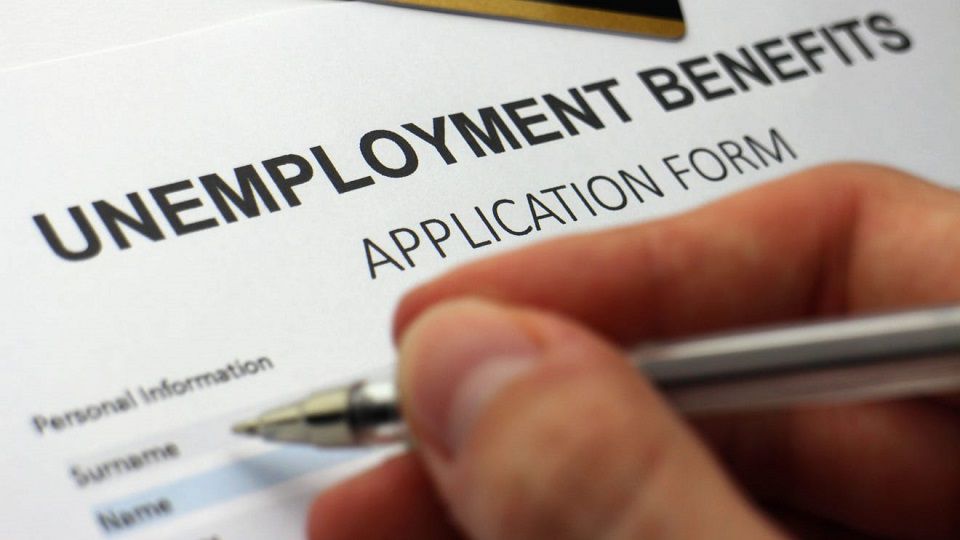ALBANY, N.Y. -- A new report from the New York State Comptroller's Office warns the state needs to find ways to shrink its outstanding balance to the federal government after borrowing to pay unemployment insurance claims during the COVID-19 pandemic.
If it does not, employers will see a further increase in taxes that threatens to stunt economic recovery. According to th report issued Thursday, a historic surge in claims at the beginning of the pandemic quickly depleted the state's Unemployment Insurance Trust Fund.
It said from the fourth quarter of 2019 to the second quarter of 2020, benefits paid increased from $530 million to $6.5 billion. The comptroller's office said the state was ill-prepared for the crisis with only $2.65 billion in the coffers at the start of 2020.
As a result, it began to borrow money in May 2020 to pay claims and the outstanding balance is currently at $9 billion.
"The obligation to pay back this money and rebuild the trust fund balance presents a serious challenge for the state and businesses struggling to recover from the pandemic. Action is needed to avoid hiking costs for New York businesses and slowing the state’s economic recovery," Comptroller Tom Dinapoli said.
The taxes the state and the federal government are based on the balance of the trust fund. New York is currently collecting the highest percentage it can from employers at 9.9% of taxable payroll.
However, the report said if the state continues to hold a negative balance on Jan. 1, 2022 and does not meet certain federal rules by Nov. 10 of this year, the federal tax rate will increase as well, from 0.6% to 0.9%. It will continue to increase 0.3% each year, capped at 6%, as long as New York holds the outstanding balance.
DiNapoli recommended state lawmakers advocate for additional federal support to relieve some of the debt. Otherwise, the costs could continue to be passed on to businesses, potentially having a negative effect on rebuilding the economy post-COVID.
